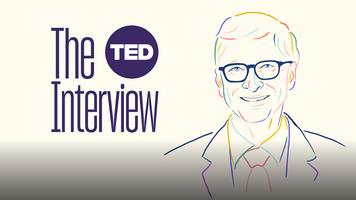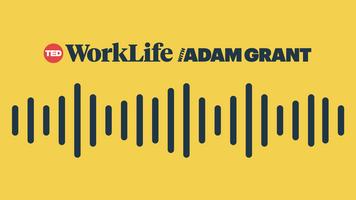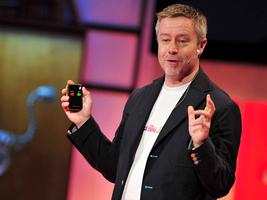Melinda Gates: Let's put birth control back on the agenda
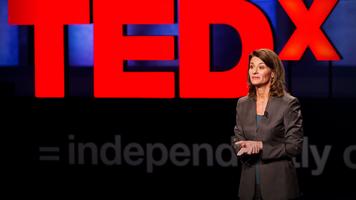
Contraception. The topic has become controversial in recent years. But should it be? Melinda Gates believes that many of the world's social change issues depend on ensuring that women are able to control their rate of having kids. In this significant talk at TEDxChange, she makes the case for the world to re-examine an issue she intends to lend ...
Bill and Melinda Gates: Why giving away our wealth has been the most satisfying thing we've done
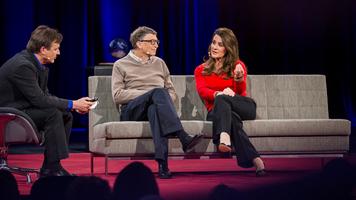
In 1993, Bill and Melinda Gates took a walk on the beach and made a big decision: to give their Microsoft wealth back to society. In conversation with Chris Anderson, the couple talks about their work at the Bill & Melinda Gates Foundation, as well as their marriage, their children, their failures and the satisfaction of giving most of their...
Melinda Gates: What nonprofits can learn from Coca-Cola
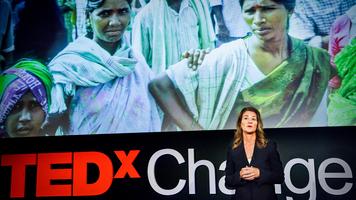
Melinda Gates makes a provocative case: What can nonprofits learn from mega-corporations like Coca-Cola, whose global network of marketers and distributors ensures that every remote village wants -- and can get -- an ice-cold Coke? Maybe this model could work for distributing health care, vaccinations, sanitation, even condoms ...
The TED Interview: How Bill Gates spends $9 billion a year
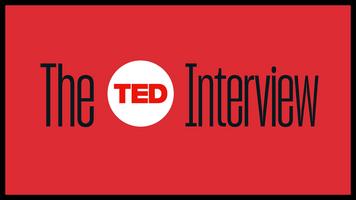
To get a free copy of the Infectious Generosity book, visit ted.com/generosity Bill Gates, the founder of Microsoft and the co-chair of the Bill & Melinda Gates Foundation, is one of the top ten richest people in the world. But since 2008, he has traded his day-to-day role with Microsoft to focus full-time on his foundation's work to expan...
The TED Interview: Bill Gates looks to the future
Bill Gates: The innovations we need to avoid a climate disaster
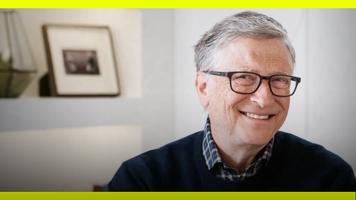
The single most important thing for avoiding a climate disaster is cutting carbon pollution from the current 51 billion tons per year to zero, says philanthropist and technologist Bill Gates. Introducing the concept of the "green premium" -- the higher price of zero-emission products like electric cars, artificial meat or sustainable aviation fu...
Bill Gates: How the pandemic will shape the near future

Bill Gates talks best (and worst) case scenarios for the coronavirus pandemic in the months ahead, explaining the challenges of reducing virus transmission, providing an update on promising vaccine candidates, offering his thoughts on reopening and even taking a moment to address conspiracy theories circulating about himself. Stay tuned for his ...
Bill Gates: Teachers need real feedback
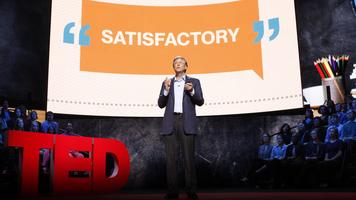
Until recently, many teachers only got one word of feedback a year: "satisfactory." And with no feedback, no coaching, there's just no way to improve. Bill Gates suggests that even great teachers can get better with smart feedback -- and lays out a program from his foundation to bring it to every classroom.
Peter Singer: The why and how of effective altruism

If you're lucky enough to live without want, it's a natural impulse to be altruistic to others. But, asks philosopher Peter Singer, what's the most effective way to give? He talks through some surprising thought experiments to help you balance emotion and practicality -- and make the biggest impact with whatever you can share. NOTE: Starting at ...
WorkLife with Adam Grant: When strength becomes weakness
Adam Grant: What frogs in hot water can teach us about thinking again
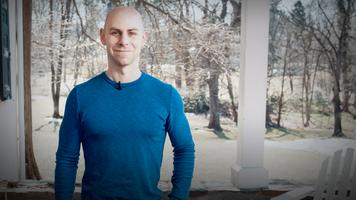
Why are humans so slow to react to looming crises, like a forewarned pandemic or a warming planet? It's because we're reluctant to rethink, say organizational psychologist Adam Grant. From a near-disastrous hike on Panama's highest mountain to courageously joining his high school's diving team, Grant borrows examples from his own life to illustr...
Musimbi Kanyoro: To solve the world's biggest problems, invest in women and girls

As CEO of the Global Fund for Women, Musimbi Kanyoro works to support women and their ideas so they can expand and grow. She introduces us to the Maragoli concept of "isirika" -- a pragmatic way of life that embraces the mutual responsibility to care for one another -- something she sees women practicing all over the world. And she calls for tho...
Hans Rosling: Religions and babies

Hans Rosling had a question: Do some religions have a higher birth rate than others -- and how does this affect global population growth? Speaking at the TEDxSummit in Doha, Qatar, he graphs data over time and across religions. With his trademark humor and sharp insight, Hans reaches a surprising conclusion on world fertility rates.
Rose George: Let's talk crap. Seriously.
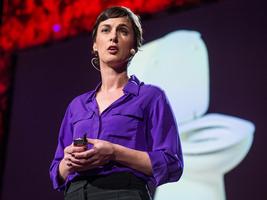
It's 2013, yet 2.5 billion people in the world have no access to a basic sanitary toilet. And when there's no loo, where do you poo? In the street, probably near your water and food sources -- causing untold death and disease from contamination. Get ready for a blunt, funny, powerful talk from journalist Rose George about a once-unmentionable pr...
Tim Brown: Designers -- think big!
Pamela Ronald: The case for engineering our food
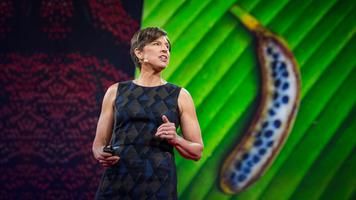
Pamela Ronald studies the genes that make plants more resistant to disease and stress. In an eye-opening talk, she describes her decade-long quest to isolate a gene that allows rice to survive prolonged flooding. She shows how the genetic improvement of seeds saved the Hawaiian papaya crop in the 1990s — and makes the case that modern genetics i...
